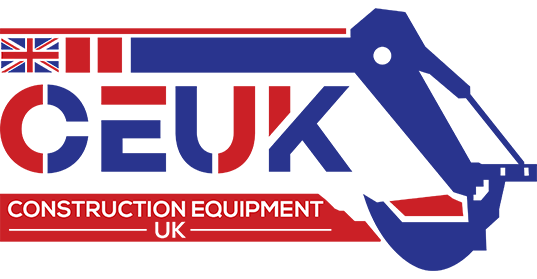Everything That You Need to Know About Wheel Loaders
Most, if not all construction companies, will have wheel loaders in their arsenal of construction equipment. These machines can move large amounts of material from one spot to another quickly and efficiently. They also come in various sizes and even attachments, making them an incredibly versatile piece of equipment that can fit any construction site and construction needs. As such, if you are looking for some of the best heavy machinery to invest in, think wheel loaders!

That being said, are you curious to learn more about the wheel loader? Here’s everything you need to know about them:
What exactly is a wheel loader?
If seen from a distance, one can easily mistake a wheel loader for a bulldozer, if not for its wheels. A bulldozer has a set of tracks to allow it to move around, while a wheel loader uses large wheels to get around. A bulldozer also has a flat blade to push material, while a wheel loader has a large bucket to move material around the construction site.
What are the uses of a wheel loader?
A wheel loader can be used for all sorts of activities, and not only for digging and moving material. This will generally depend on the attachment in the front. Yes, you can replace the bucket of the wheel loader with various attachments. For example, you can install forks, rakes, pushers, brooms, stump grinders, or a variety of other extensions to complete different tasks.
As such, the use cases of a wheel loader are pretty vast, as it can all depend on the attachment in front. In addition, the size of the wheel loader can also affect its use cases. For example, small wheel loaders are great for said attachment and moving small amounts of material around. Larger wheel loaders will be more geared towards moving material and another heavy-duty project, as they have more weight and power.
What are the common hazards with wheel loaders?
Although excellent at what it does and what it has to offer, the wheel loader isn’t without its faults. Some risks and hazards are commonly associated with the wheel loader, including tipping, rollovers, and injured personnel.
Wheel loaders frequently have to move around large amounts of material, which can get quite heavy. If the operator isn’t trained correctly, this can lead to the tipping of the vehicle. Rollovers are also a real risk, mainly when heavy materials are transported across uneven terrain. Finally, bystander injuries can occur simply because the operator cannot fully view their surroundings.
Conclusion
With all of that in mind, we hope that you have received the information you need to understand whether or not you need to invest in wheel loaders. Keep in mind that there are many options out there you can pick from, and knowing which one to choose can be a little challenging. As such, we highly recommend that you spend the time to understand your needs and research what options can fit those needs. If you have any more questions, feel free to ask other construction experts who have experience using wheel loaders for answers. They can provide you with valuable insight into the operation of the wheel loader and can give you the answers you need to make the right investment decision!
Construction Equipment UK specialises in supplying Europe to North and South America with late low-hour construction equipment from leading manufacturers. Reach out to us today to buy used construction machines that you need to maximise your construction projects!

